That was the question our six-year-old twins asked me over breakfast one morning. It was a question that, admittedly, caught me in an existential conundrum. You see, most of my conscious life, I’ve resisted boxes, labels, and carrying bags given to me by other people. Stuff like age, race, and sexual orientation, when assigned to us and owned by us, take away from the whole of our being. The person I am now, the me I allow others to see, and how my soul’s journey defines me within the universe gets encased if I accept the regard created by each box checked. And each box fills our bags with as much apprehension, judgment, and bias as others can heap upon us.
Now let me be upfront; I’m a lot older than most fathers of six-year-old children. I’m seventy-three. Therefore, this is a train I’d been expecting from their birth. I’d even wondered whether hiding from their friends would be better so they wouldn’t be embarrassed or bullied. Still, I was not prepared for the moment’s arrival. And indeed, no one could have predicted it would come wrapped in, or because of, my having cancer!
A few days before the question, we’d told our twins that daddy needed to see his doctors again. Since being diagnosed with cancer in 2022, my treatments have taken me to other cities. The first was for surgery. The second was to find an oncologist to discuss a possible reoccurrence. This time will be for treatments, which means more extended time away from them.
They’d felt my absence almost immediately. I could tell. Our twins are getting used to talking about stuff. Perhaps those of you who have children can also feel the ebbs and flows of their emotional and spiritual selves. You know when they feel uncertainty. You know when they worry. Their play changes. As does their silence. Like breadcrumbs, the cues they leave are subtle and easily missed. And then sometimes they just say what’s on their minds.
Which is what we want them to do — get it out. Which also means we have to be authentic with them about what we’re feeling. Like many children, our twins sniff out B.S. fairly adeptly. Knowing there was some degree of existentialism in their question was important. Like, what does it mean to be old? Are you going to die? My answer, however, could not get ahead of their development. And certainly, it could not be about me. Not really! They asked me out of their need for reassurance.
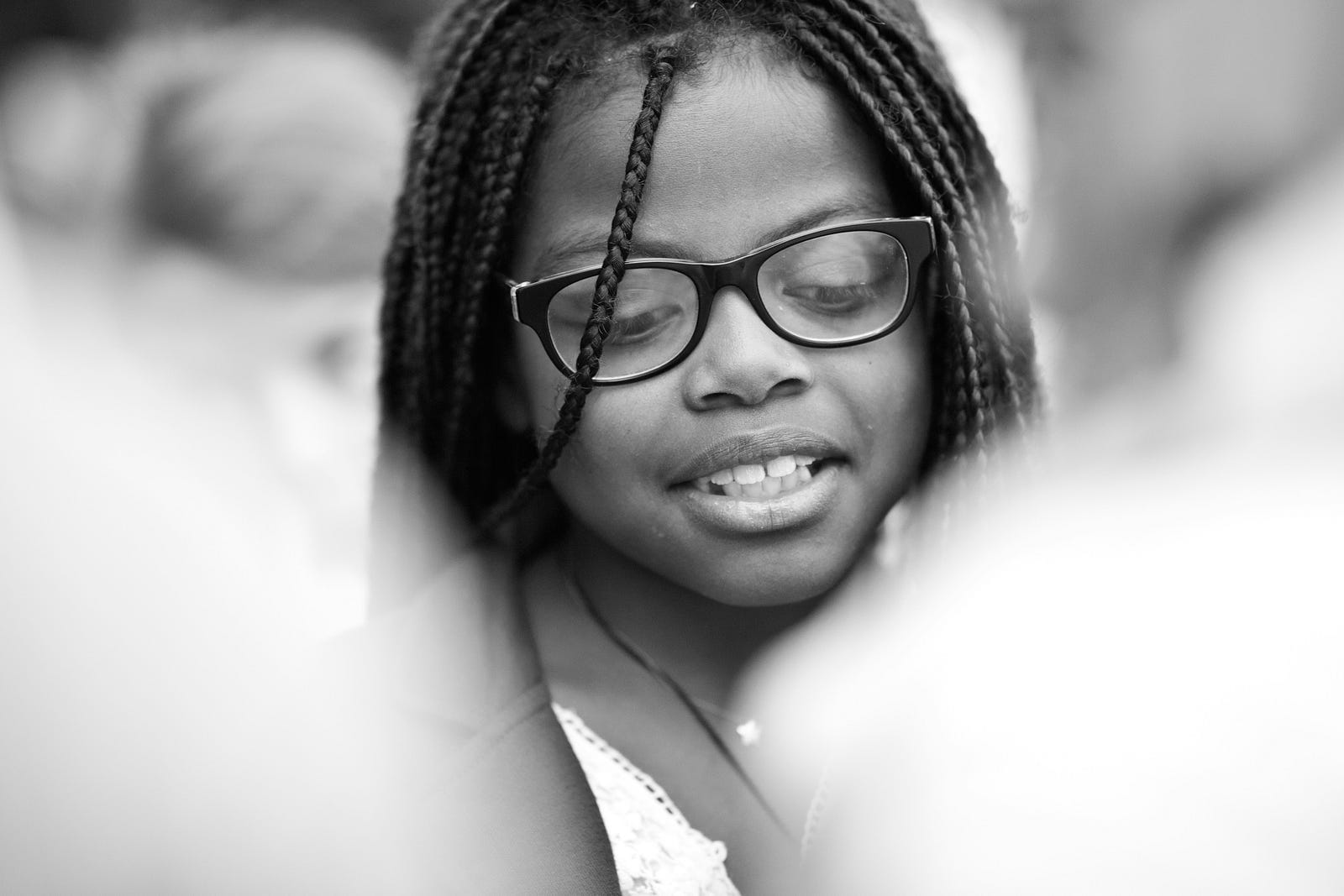
“Age Is Just A Number” Meets Six-Year-Old Twins
How we learn what age means depends so much on the culture in which we are born and nurtured. This is one of the reasons being in other countries has been my preference for the past twenty or so years. The boxes about age, race, and sexual orientation can be much less impactful and stressful outside of the U.S. — a reality that is starkly apparent when we are in the Philippines, where our twins were born. The vibe is different, particularly with regard to age differences.
This way of being, is more of the Philippine and pre-slavery tribal perspective than what they will learn from U.S. culture. How would these ancestors reply? I wondered, the faces of my kids still fixed upon mine. How do I give them their own strength to determine what they will own, what they will reject, and how they will handle the opinions, judgments, and biases of others? I thought as my soul reminisced. If their ancestors survived until my age, they were given status. If they were not too poor, they were given relief from the hunt. And their contributions to the collective given in the form of their counsel, their gardens, their crafts, their children, and their children’s children.
“Some people say I’m old. Some don’t,” I replied, smiling. “How old do you think I am?” I asked them. “Ninety!” My little girl half-screamed as if she’d waited years for my reply. Not to be outdone, her twin brother said, “A trillion!” laughing like he just won a prize. “A trillion! I like that.” I replied, thinking how blessed they are to not yet carry bags of apprehension, judgment, and bias that others will heap upon them from boxes used to deconstruct people. And with that thought and their laughter, they were comforted. At least for the moment.
Boxes Undermine Joy
One night, hanging out in Puerto Viejo, Costa Rica, a little town with a big Caribbean vibe surrounded by great beaches, diverse eateries, and lush jungles, I found this club. No doors, no windows, just a band on the first floor of this shack pumping music that pushed throngs of people to the surrounding streets. It was almost one in the morning, and I’d just gotten there. Too crowded to get inside, I found a spot wanting to see what I could get into, if you get my meaning.
This woman standing by herself, though surrounded by people, caught my eye. I did not catch hers. Her mostly steel-gray, locked hair with black and white strands laid between her shoulders, fell far enough down her bare, deeply-brown back that it met the curve of her derrière. Her sleeveless mud-cloth print sundress just cleared the finely graveled road where she and others bounced to the reggaetón beats coming from the shack. A silver shawl draped her shoulders and arms. Her headscarf, made from the same fabric as her dress and knotted like a flower, held her hair.
The moonlight seemed to embrace her. “How old is she?” I wondered, I myself in my early fifties. She looked more. Her lean body, mature. Then I smiled as another man, less my age, captured her attention. How trapped was I by the baggage I carried!
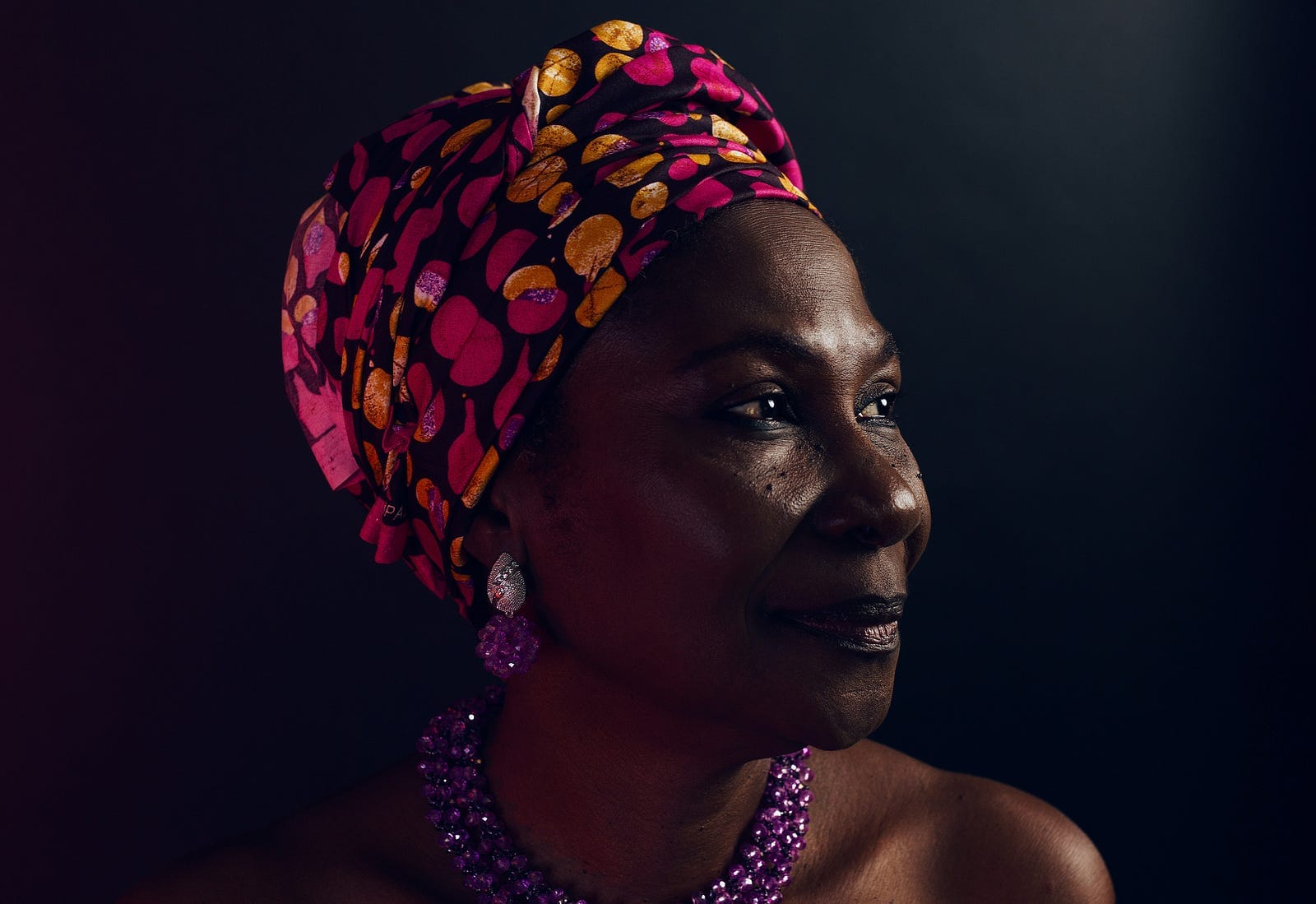
Al Fin
Parents’ opinion of diversity — age, race, and sexual orientation, for example — inform our children’s management of the stress the United States’ long-standing culture wars cause. The resulting predispositions, judgments, bias, and even violence are lifelong struggles no one wants their children to experience. If subjected to such deconstructive assaults on their being, we want them to have the skills that will enable them to survive the life/death encounters and quality of life determinants they will likely encounter.
My being much older than my children serves as their first test. It’s a truth that can bring ire, judgment, and ageist bias to our family. And some even point to my cancer as an “I told you so” opportunity. That’s our reality. Our task is to teach our children these are places, people, boxes of control, and manipulation and to not seek these institutions, love, healing, or affirmation from these individuals. The U.S. diversity culture wars bring a toxicity that imperils the hope that non-white children will thrive.
Therefore, we strive to teach them to look within themselves for what they need. We seek to build for them a community of nurturers, praying they will survive the deceivers. We want what most parents want for their children: fulfillment, happiness, excellent health, and spiritual well-being. We want them to reject the boxes others will pressure them to occupy. We hope to give them the skills to look past the misconceptions, judgment, and bias others will expect them to embrace. Their learning might not give them the luxury of slowly becoming their authentic selves. That’s the patience their “old dad” can teach them. I pray!
One Love!


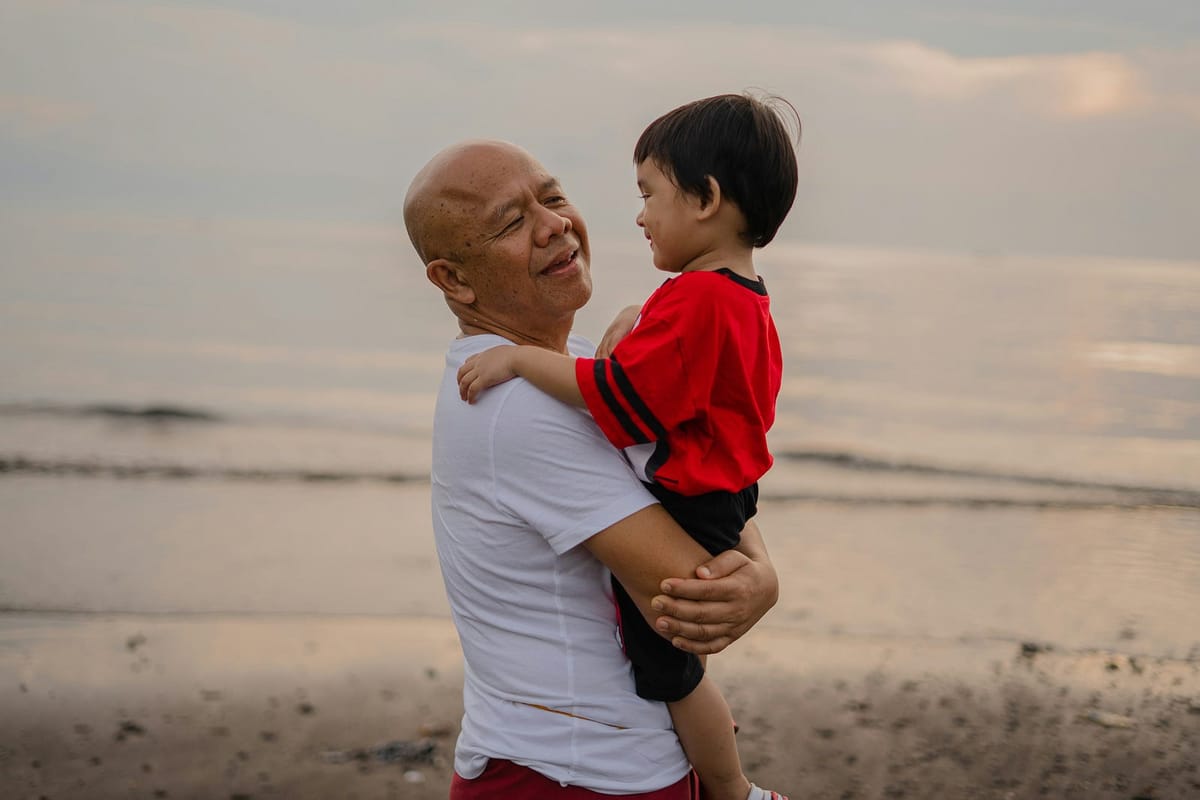
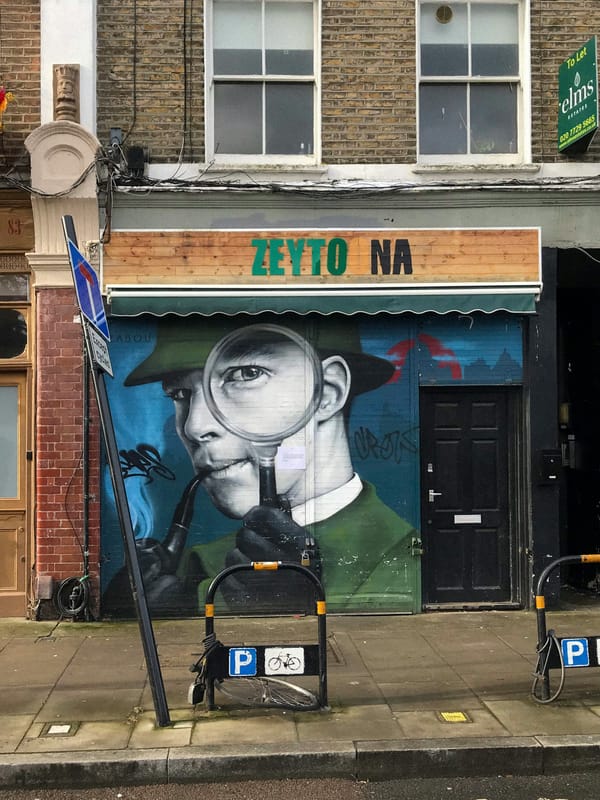

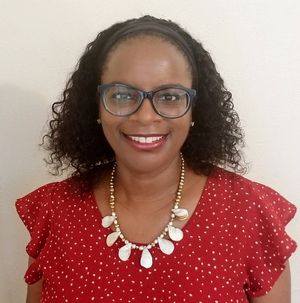
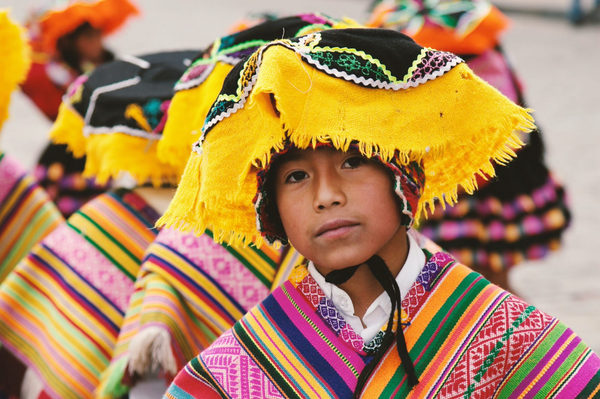
Member discussion